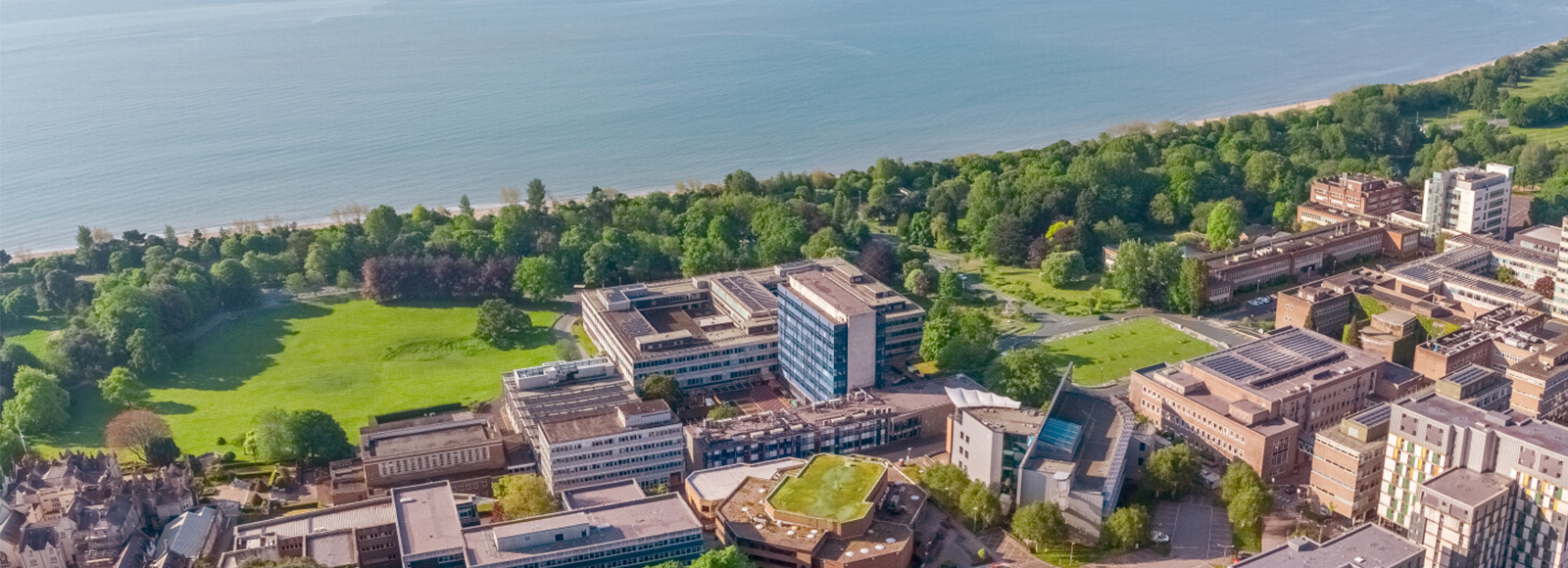- ...
Postgraduate Studentships - Search for funding opportunities.
The MSc in Geographic Information and Climate Change gives cross-disciplinary training in the scientific basis of GIS, satellite remote sensing and earth system modelling, alongside aspects of climate change.
You will concentrate on the technical aspects of GIS and earth observation, as well as the past, present and future global and regional environmental and climatic change.
By graduation you will have hands-on experience and technical knowledge in GIS and remote sensing, supported by a broad knowledge of scientific issues underpinning climate change.
Your learning benefits from the combined Geography and Biosciences research expertise of our staff around geographic information, environmental and climate dynamics, marine and ecosystem biology, and sustainable development.
WHY GEOGRAPHIC INFORMATION AND CLIMATE CHANGE AT SWANSEA?
You will be taught by a range of inspiring experts in environmental dynamics and climate change. These include Professor Adrian luckman who earned global media coverage for climate change research into the collapse of the Larsen C ice shelf; Professor Peter North who has collaborated with NASA on the ‘greening-up’ of the Amazon; and Professor Siwan Davies whose work focuses on establishing why climate change has changed abruptly over the past 100,000 years through the investigation of volcanic ash deposits trapped in ice sheets.
Normally a 2:2 degree (with 55% average) in an approved subject. Applicants are expected to have good mathematical and computing skills.
For fees and funding options, please visit website to find out more.
We offer a wide range of scholarships and bursaries for both taught and research courses to help you fund your study.
The MSc in Geographic Information & Climate change improves your prospects for a rewarding career.
You will have employment opportunities in utilities, county councils, the environmental service industry or regulating bodies. A future career in academia will also be open to you.
Our graduates have progressed to a range of stimulating roles. Below are just a few examples.
For module details please see here

Discover a range of postgraduate research funding opportunities at Swansea University Now more than ever, we recognise the importance of offering a ...